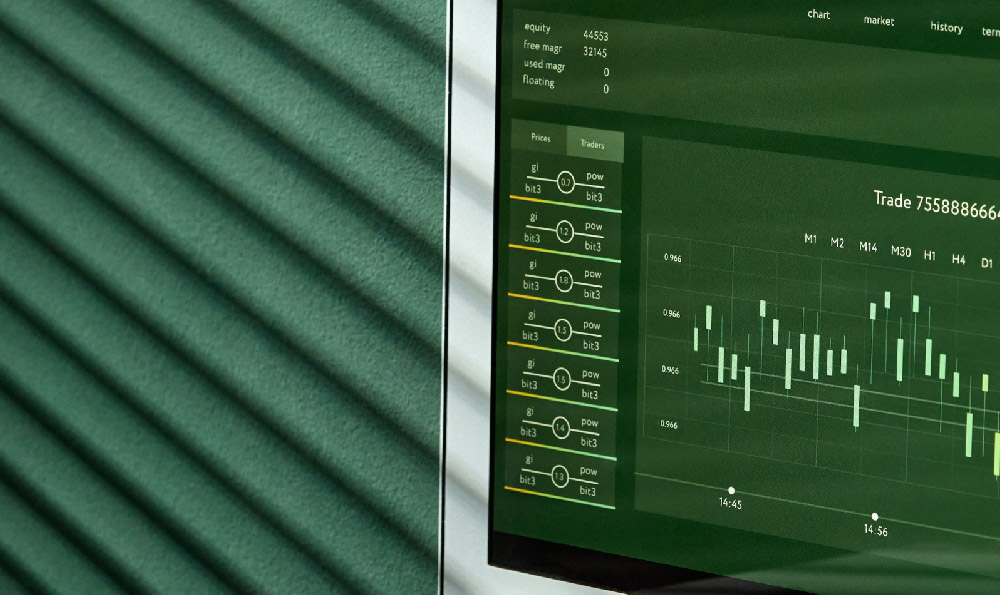The intersection of part-time work and unemployment benefits is a complex and often misunderstood area of government assistance. The short answer to whether you can collect unemployment while working part-time is: it depends. It depends on a multitude of factors including the specific regulations of your state, the amount you earn from your part-time work, and the reasons for your unemployment in the first place. To navigate this intricate landscape, a thorough understanding of the underlying principles and the specific rules applicable in your jurisdiction is essential.
The fundamental principle behind unemployment insurance is to provide temporary financial assistance to individuals who have lost their jobs through no fault of their own and are actively seeking new employment. It’s designed as a safety net, helping people bridge the gap between jobs and maintain a basic standard of living. Therefore, the eligibility criteria are structured to prioritize those who are genuinely unemployed and committed to finding full-time work. Working part-time can complicate this picture.
The first crucial consideration is the definition of "unemployment" used by your state's unemployment agency. Most states do not consider someone who works full-time to be unemployed, regardless of how low their wages might be. Full-time employment typically disqualifies you from receiving benefits altogether. However, many states allow for partial unemployment benefits for individuals working fewer than a certain number of hours or earning less than a specific amount each week.

This is where the concept of "earnings disregard" comes into play. Almost every state has a mechanism to allow recipients to earn a certain amount of money without it affecting their unemployment benefits. The specifics of this mechanism vary significantly. Some states have a fixed dollar amount that is disregarded, meaning you can earn up to that amount without reducing your benefits. Other states calculate the disregard as a percentage of your weekly benefit amount. For example, a state might disregard 50% of your weekly benefit. Therefore, if your weekly benefit is $400, you could earn up to $200 without impacting your benefits.
The amount you earn from your part-time job directly impacts your eligibility. States have a complex formula that considers your partial earnings. Generally, your unemployment benefit will be reduced by a portion of your part-time earnings exceeding the earnings disregard. In some cases, if your part-time earnings are too high, they might completely offset your unemployment benefit, rendering you ineligible for any payment. Understanding your state’s specific calculation method is crucial. Many state unemployment websites provide calculators or examples to help you estimate how your earnings will affect your benefits.
It’s also essential to be completely transparent with the unemployment agency about your part-time employment. Failure to report earnings accurately can be considered fraud, leading to penalties, repayment of benefits, and even legal consequences. When you file your weekly claim, you will almost certainly be asked about your earnings from any work you performed during that week. Providing accurate and honest information is not only ethically correct but also protects you from potential legal trouble.
Another critical aspect to consider is the reason you are working part-time. If you were laid off from your full-time job and subsequently accepted a part-time position while actively searching for full-time work, this is generally viewed favorably. However, if you voluntarily reduced your work hours from full-time to part-time and then filed for unemployment, you may be deemed ineligible, as you essentially caused your own partial unemployment. Similarly, if you refuse a suitable offer of full-time employment while receiving partial unemployment benefits, this could also lead to a disqualification.
The definition of "suitable employment" can also be nuanced. Factors such as the nature of the work, the level of skill required, the prevailing wage in the area, and the distance of the job from your home are often considered. If a job offer is significantly below your skill level or pays substantially less than your previous wage, you may be able to refuse it without jeopardizing your benefits. However, it's crucial to consult with your state's unemployment agency to determine whether a specific job offer would be considered suitable.
Keep meticulous records of your job search efforts, including dates of applications, names of employers, and any correspondence. States require you to be actively seeking full-time employment while receiving benefits, even if you are working part-time. Documenting your job search activities is essential for demonstrating your commitment to finding full-time work and maintaining your eligibility for benefits.
Finally, remember that unemployment laws and regulations are subject to change. State legislatures and unemployment agencies periodically update their rules to reflect changes in the economy and labor market. It's essential to stay informed about the current regulations in your state. Regularly check your state's unemployment agency website for updates, announcements, and any changes to the eligibility criteria or benefit calculation methods. You can also consider consulting with a legal professional or an unemployment benefits advocate to ensure you fully understand your rights and obligations. The process can be confusing, and seeking professional guidance can prevent costly mistakes. In conclusion, while collecting unemployment benefits while working part-time is possible, it requires careful navigation of complex rules and a commitment to transparency and honesty with the unemployment agency. Thoroughly research your state’s specific regulations, understand how your part-time earnings will affect your benefits, and diligently document your job search efforts to maximize your chances of successfully receiving the assistance you are entitled to.












